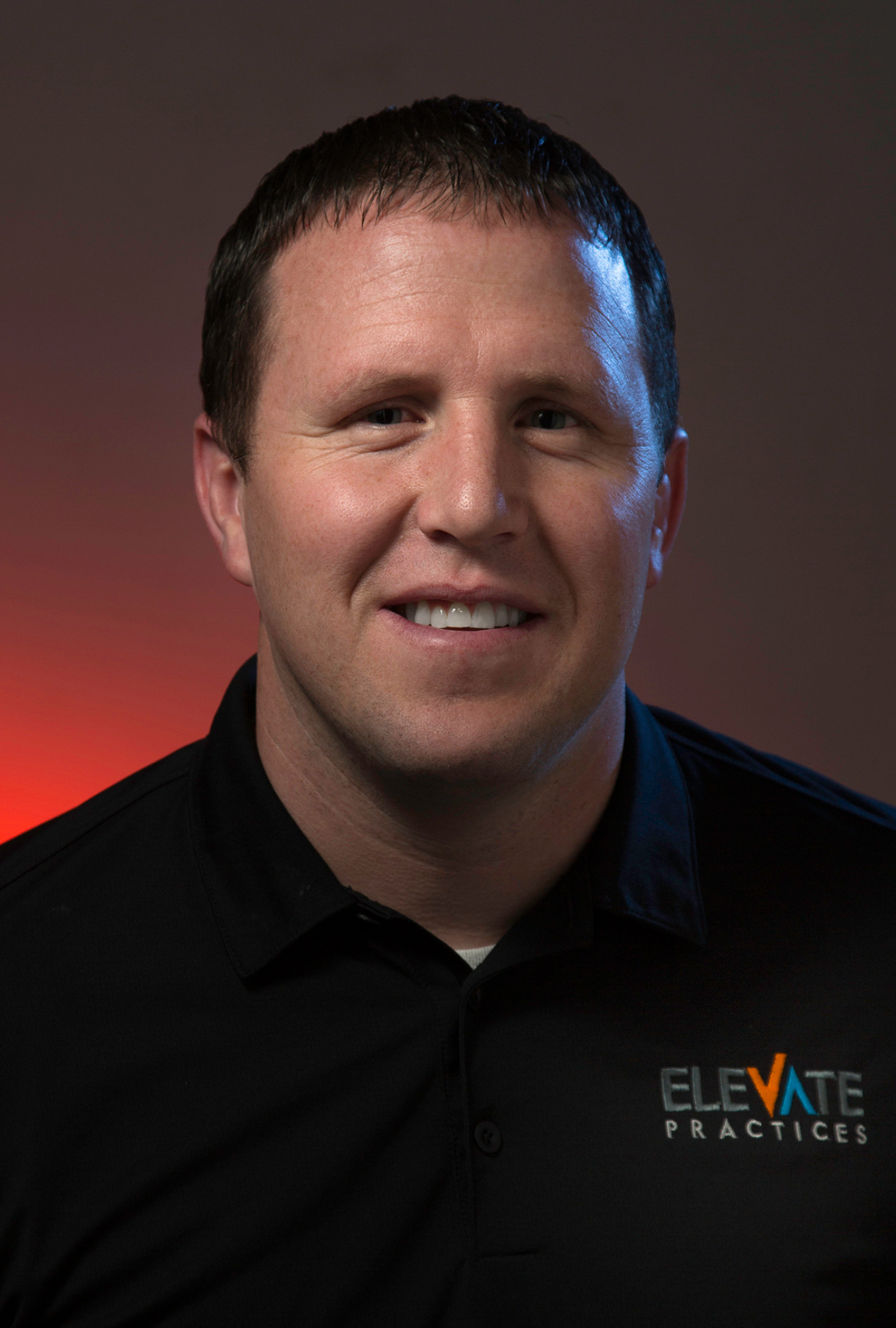[cs_content][cs_section parallax=”false” style=”margin: 0px;padding: 45px 0px;”][cs_row inner_container=”true” marginless_columns=”false” style=”margin: 0px auto;padding: 0px;”][cs_column fade=”false” fade_animation=”in” fade_animation_offset=”45px” fade_duration=”750″ type=”1/1″ style=”padding: 0px;”][cs_text][dropcap]E[/dropcap]ffective organizations invest in training. There is a joke where one manager asks another, “What happens if we train team members and they leave?” Training is often very expensive, both in time and money. The other manager then asks, “What happens if we don't train team members and they stay?”
You can decide whether a team member is good or bad based on whether they respond well to training. Bad team members will have excuses, create drama, and tell you why they cannot perform as they should. Good team members will be resilient and take constructive criticism well, all with the goal of improving themselves and the practice. They will feel the responsibility of fulfilling their role as part of a team.
Doctors often look for technical skills when hiring, e.g., does the individual have experience assisting? While this can be great, if you can hire for personality and train for skills, you will have a broader pool of candidates to draw from – including bank tellers, waitresses, and others who are used to handling money and carrying out multiple tasks while having a high level of customer service. We have found that when you can hire people with great attitudes, a high level of customer service, and who can learn quickly, they will often pick up the technical skills within a few weeks – at least when the practice has a great training program in place.
Train Them
Now that you have gone through the work of finding a great team member, you still must train them. Assign them a champion – someone who wants them to succeed. Some of your team members may be tribal and territorial, feeling threatened by anything new. New people need someone to train them and help ensure their success.
Again, experience in the dental industry can be great… except when it's not. Sometimes experience means an employee thinks they know everything, are used to doing it their way, and are not open to new ways of doing things. Technical knowledge of practice management software, assisting the doctor, etc., is great, assuming the candidate also brings a great attitude, is teachable, and excels at customer service. Fortunately, a great training program will allow you to hire for customer service skills and train for technical skills. It is near impossible to train someone to have a great personality and to fit within your culture.
If you have a great hiring process but not a great training program, then you are partly responsible for your hew hires “being slow” or “doing things differently.” In a practice we worked with which had 3 doctors, each with their own clinical setups, which is roughly 20 different setups to remember – and that's just setting up for the procedure. Without proper operations, systems, and training, this is quite the cognitive task for a new team member. If you haven't made your practice operations mistake-proof, you are at fault for team members' delay in being fully trained.
Creating Your Training Program
Your goal should be to reduce training time from 3-6 weeks to 3-6 days and to make sure everyone is learning exactly how things should be done, not necessarily how they are being done. Let's take the example of a new dental assistant. Below is a broad outline of how to create your training program.
- Create an outline of the major accomplishments you want the assistant to complete. This would include, for example, setting up for different procedures, cleaning up a treatment room, taking x-rays, seating the patient, assisting on an extraction.
- Organize the accomplishments from easy to hard. Assisting on an implant should not be the first thing the new hire does. It might be best to discuss customer service and making sure the patient is comfortable. Or perhaps you could have them set up for various procedures but not assist. Or cleaning up a room. While Elevate has an outline of training steps for new hires for our dental clients, you could create your own.
- Attach a timeline to the completion of each step. For example, day one includes cleaning up a room and sterilizing instruments.
- When the new hire has completed a step, have the Lead Assistant and/or Doctor sign off on that step. This will make them feel good about their accomplishment and let them know you are holding them responsible for the next step.
- Next, create a how-to for each process by creating a manual showing the steps involved. This can be delegated to your lead assistant but should be reviewed by the doctor.
- Another way to ensure the process is completed correctly is by having photos or descriptions throughout your practice (out of view of the patient). The idea is that the team member knows how to complete their tasks at the place where the task takes place. For example, having a photo of each setup in the sterilization area makes it easy for anyone – even without any previous knowledge of assisting – to set up for a procedure. This reduces mistakes and the team member having to remember what they read in the manual.
Fortunately, when you have an excellent culture, a great interviewing, hiring, and training program, you can hire great individuals. Your role as a manager becomes one of getting out of their way and letting them effectively perform their role. No need to meddle or micromanage when you hire and train great people – train them and let them perform. That should be why you hired them to begin with.[/cs_text][x_share title=”Share this Post” share_title=”” facebook=”true” twitter=”true” google_plus=”true” linkedin=”true” pinterest=”true” reddit=”true” email=”true” email_subject=”Hey, thought you might enjoy this! Check it out when you have a chance:”][x_gap size=”50px”][x_author title=”About the Author” author_id=””][/cs_column][/cs_row][/cs_section][/cs_content]




